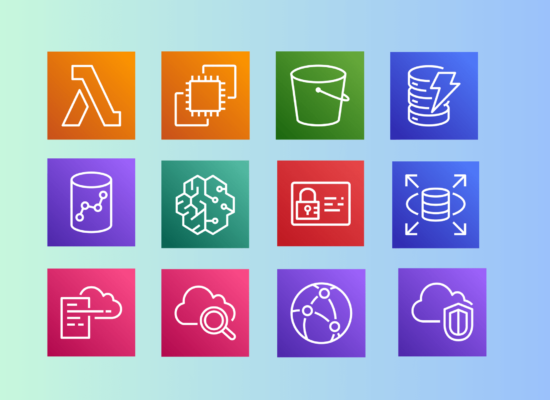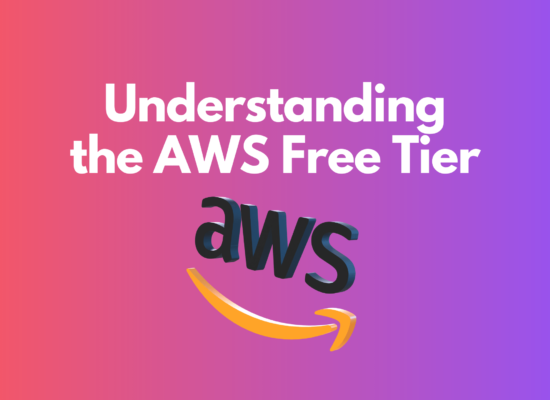One question i asked myself when i stated learning cloud computing was “which Cloud platform should i focus my learning on, is it better to learn AWS, Azure or Google Cloud?”
Now with the three big cloud players battling it out for market share it can be hard to figure out which one to learn but the truth is there isn’t really a right answer each platform has its own strengths and weaknesses and at the end of the day it really depends on your own goals and what you want to achieve, which is why in this blog I’ll be comparing the three major cloud computing platforms so that you can decide for yourself which one to learn.
To make sure we’re covering all aspects, let’s take a look at these five factors:
- Market demand
In today’s world we’ve all seen that more and more businesses are turning to the to the cloud for the Computing needs which of course has resulted in a huge surge in demand for professionals with Cloud skills AWS Azure and Google Cloud all three have a strong presence in the cloud computing Market but AWS Still Remains The Leader with 32% market share this means that there’s a high demand for people with AWS skills making it a great choice for job Seekers.

Azure comes in second with around 22% market share and Google cloud is next with about 11% even though these two platforms are smaller than AWS they are growing very fast so I still recommend and learning them if you’re interested in working for a particular company.
For example, you can do some research to see what cloud platform some companies uses: Netflix uses AWS, Spotify uses Google cloud and Coca-Cola is an Enterprise customer of Azure.

2. Job opportunities
As I mentioned earlier AWS has the highest market demand meaning that there’s a lot of jobs available, in fact after doing a quick search I found that there’s over 150,000 jobs currently listed on LinkedIn that require AWS skills, Azure and Google Cloud also have a large number of job opportunities with 50,000 and 20,000 jobs listed for each one.
My advice is to take a look at the job opportunities in your local area to see which Cloud platform is highest in demand, there’s also a growing demand for cloud engineers and solutions Architects that specialise in more than one platform this means that if you have skills in two clouds.
For example, both AWS and Azure it could make you a better fit for companies that have a Cloud setup but then again I wouldn’t worry too much about that as a beginner since it’s better to have a strong understanding of one Cloud rather than a basic knowledge in all of them.
Another Trend in the job market is the rise of remote work and freelancing opportunities with the global scale of cloud services companies are now more open to hiring remote workers and Freelancers to work on their projects this means that you may not have to live in a specific location to secure a high paying job.
3. Ecosystem & Community support
Another factor to consider when choosing a cloud platform is the ecosystem and Community Support, what I mean by this is the amount of guidance and support from other users or experts within the cloud Community.
- AWS has a very strong ecosystem there’s a wide range of resources available from extensive documentation, workshops and free online courses, they also have large communities of developers Architects and other professionals who are willing to share their knowledge this can be done through forums meet ups or even conferences like AWS re:Invent.
- Azure also has a pretty good support network and offers similar resources their ecosystem seems to be about the same size as AWS and they have cool communities like Azure Tech groups, Developer communities and Microsoft Community Hub.
- Google cloud has a smaller Community compare to others but they’re quickly building up their resources and ecosystems this includes Google Cloud documentation, Google Cloud Training and Certification.
If you’re looking for a cloud provider with a well established ecosystem and a strong Community, I would recommend either AWS or Azure.
4. Unique features
Another important factor to consider is the unique features and services offered by each cloud provider let’s dive into each one to see what sets them apart:
- AWS is known for its incredibly extensive list of services there’s over 200 fully featured services available and this includes products like:

what also sets AWS apart is the specialised services for certain use cases for example Amazon recognition is a powerful tool they have for image and video analysis.
- Azure also has a large number of products and services with over 200 available some cool Services they have include:

One big advantage of using Azure is the integration they have with Microsoft products like Office 365 this means that if a company is already using Microsoft tools they might choose to go with Azure.
- Google Cloud may not have as many services as AWS or Azure but they do offer some pretty unique ones for example Google big query is a great data warehousing and analytics solution, also i find that the Google Cloud interface is really nice and user friendly making it easy to navigate around.
5. Learning resources
The final factor to consider when choosing between AWS, Azure and Google Cloud is the availability of learning resources and training programs. Sometimes people ask what is the easiest Cloud to learn, the truth is none of them are easy, no matter what platform you end up choosing there’ll always be a learning curve involved.
All three cloud platfoms have some good free resources to help you get started.
For example:
- AWS: AWS skill Builder
- Azure: Microsoft learn
- Google cloud: Google Cloud skills boost
Ultimately, there’s no one-size-fits-all answer. Consider factors such as your career aspirations, the job market in your area, the industry you’re interested in, and the specific technical requirements of your projects. It’s also beneficial to have a good understanding of cloud computing principles and architectures, as many concepts are transferable across different cloud platforms. Additionally, staying adaptable and open to learning new technologies will serve you well in the rapidly evolving cloud computing landscape.
All right! this brings us to the end of this blog, I hope now you have a better understanding of which Cloud platform to learn.








No Comment! Be the first one.